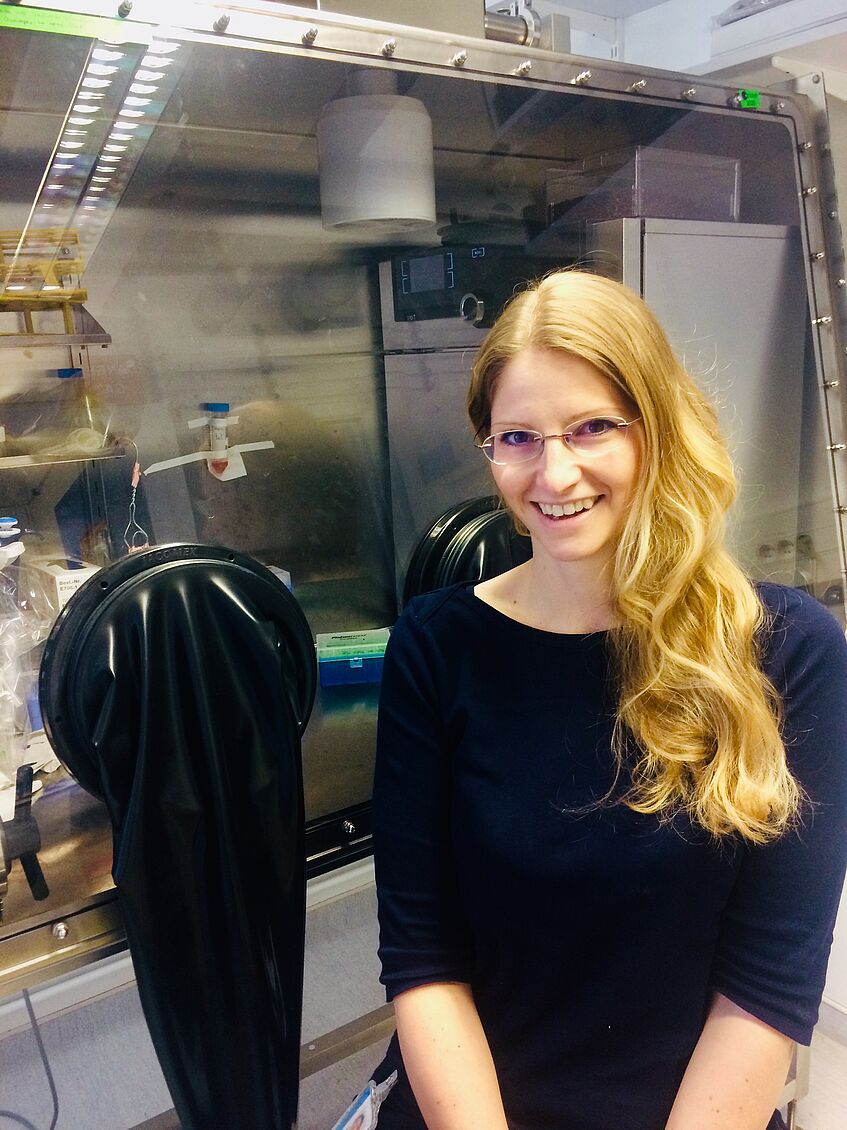HT enzyme screening
Project coordination: Arkeon GmbH
Principle investigator: Silvia Bulgheresi, Nika Pende
Funding: Die Österreichische Forschungsförderungsgesellschaft (FFG): 910684
Duration: 01.11.2024-23.05.2025


Dr Nika Pende
Project coordination: Arkeon GmbH
Principle investigator: Silvia Bulgheresi, Nika Pende
Funding: Die Österreichische Forschungsförderungsgesellschaft (FFG): 910684
Duration: 01.11.2024-23.05.2025


Dr Nika Pende